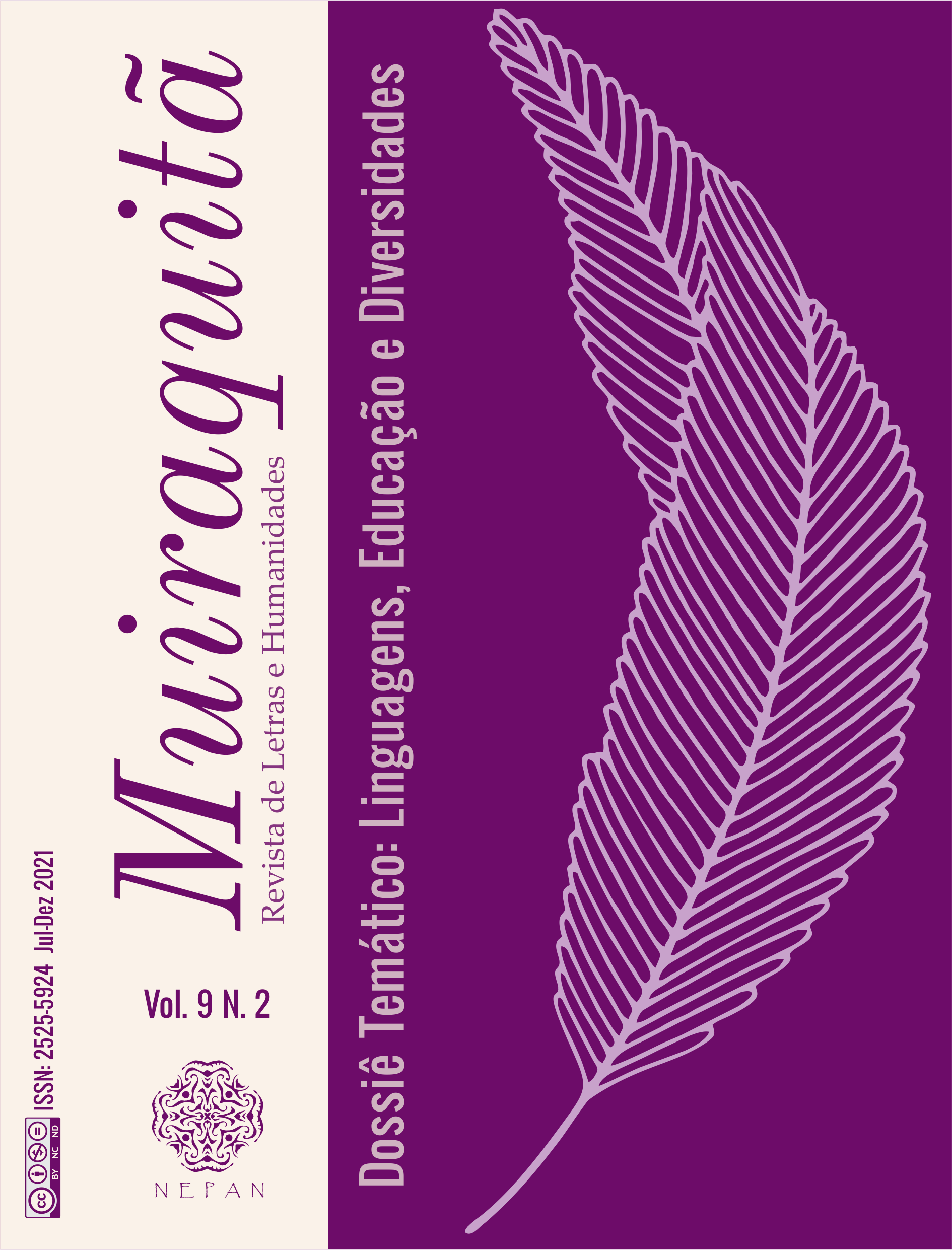Latin literature
hermeneutic comparisons of the principle of obedience in characters from biblical exegesis
DOI:
https://doi.org/10.29327/210932.9.2-28Keywords:
Literary studies. Troy. Empire. Bible.Abstract
This article outlines a comparative analysis of the principle of obedience of the character Aeneas - of Aeneid - to his gods with some biblical characters who perform the same act in relation to the God of Israel. Among these biblical characters, Abraham, Job and Jesus are specified. Characters from biblical exegesis that demonstrate singularities with the Trojan that leaves his city destroyed by the war between Troy and Greece. The comparative presupposition between the Trojan hero and some biblical characters assumes that, even when lamenting, they accept their fate premeditated by the gods. We understand that the Aeneid, a classic epic, directs us to relevant reflections on the study of Latin literature. We trust that apprehending how nations were formed through wars and conquests becomes something accentuated to think about our current identities, precepts and values, supported by bibliographical research guided by Severino (2008). The study is theoretically based on Grizoste (2011; 2013) and Walter de Medeiros (2010). We learn that the Aeneid deals not only with the foundation of Rome, but with the tragedies faced when predestination is believed, indicating the relevance of Latin literature to understand the development of nations.
Downloads
References
Bíblia Sagrada: Nova versão internacional. Tradução da sociedade Bíblica Internacional. – São Paulo 2000.
GERK, Geisa Moreira Regazzi. A pietas de Eneias. Revista ao Pé da Letra. S/D.Revista Pé da Letra. Disponível em: http://revistaaopedaletra.net/ volumesaopedaletra/ vol%204.2/A_pietas_de_Eneias.pdf. Acesso em: 12 jan. 2021.
GRIZOSTE, Weberson Fernandes. Os Timbiras: os paradoxos anti-épicos da Ilíada Brasileira. Faculdade de Letras - Universidade de Coimbra 2013.
GRIZOSTE, Weberson Fernandes. A dimensão anti-épica de Virgílio e o indianismo de Gonçalves Dias, Coimbra, CECH, 2011.
MEDEIROS, Walter de. ANDRÉ, Carlos Ascenso. PEREIRA, Virgínia Soares. A Eneida em contraluz. Coimbra, Instituto de Estudos Clássicos, 2010.
PEREIRA, Maria Helena da Rocha. Estudos de história da cultura clássica. Vol. II, Cultura Romana. Lisboa, Fundação Calouste Gulbenkian 1984.
SEVERINO, Antônio Joaquim. Metodologia do trabalho científico. 23ª. Ed. Rev. e atualizada - São Paulo: Cortez, 2007.
VIRGÍLIO. Eneida. Tradução Tarsilo Orpheu Spalding. 5ª Ed. São Paulo, Editora Cultrix, S/D.

















